John Leake
COLD A LONG TIME
An Alpine Mystery
One must have a mind of winter
To regard the frost and the boughs
Of the pine-trees crusted with snow;
And have been cold a long time
To behold the junipers shagged with ice,
The spruces rough in the distant glitter
Of the January sun; and not to think
Of any misery in the sound of the wind,
In the sound of a few leaves,
Which is the sound of the land
Full of the same wind
That is blowing in the same bare place
For the listener, who listens in the snow,
And, nothing himself, beholds
Nothing that is not there and the nothing that is.
Wallace Stevens
Saskatoon, Canada, October 2009
This couldnt have happened to nicer people, I thought as I sat with Lynda and Bob MacPherson in their backyard in Saskatoon. Twenty years earlier, their son Duncan had disappeared in Europe, and the mystery still hung over their lives like a curse. The bitterness of their loss had been compounded by the dishonesty theyd encountered at every turn in their quest to learn what had happened to him.
I used to take comfort in the idea that most people are honest, Lynda said. But after Duncan disappeared, I started to have my doubts. Even so, Im still amazed by the sheer number of people who have lied to us over the years.
To me, their story had a biblical quality. As I tried to think of the most apt way to describe them, the phrase salt of the earth insistently came to mind. All of the insults theyd endured reminded me of the Book of Job. The sheer length of their ordeala third of their liveswas terrible to contemplate.
It was a crisp, autumn day in Saskatoon, and I enjoyed soaking up the sun and looking at the MacPhersons impressive garden. Its centerpiece was a small pond, around which were planted an assortment of young spruce, junipers, and pines. Behind the water was a group of boulders that Bob had found about a mile from their home. The massive rocks had been polished by glaciers moving across Saskatchewan 11,000 years ago. Some of them were beautifully etched by pebbles pressed down onto them by the flowing icedistinct traces of an action that had occurred when all humans were still hunter gatherers.
Bob got really interested in the garden after Duncan disappeared and Derrick moved to Vancouver, Lynda said. He dug the pond and moved those boulders here all by himself.
How on earth did you do it? I asked Bob.
Oh, it wasnt too hard, he said in his Nova Scotia accent that sounded to me almost like true Scottish. I pried them up with a crowbar and rolled them onto the trailer with pipes, a reinforced ramp, and a hoisting mechanism. With his 64 frame, huge hands, and strong jaw, he physically dwarfed Lynda, but he had a much softer personality. While it would take me almost two years to get through her tough outer shell to see her vulnerable core, Bob was outwardly tender.
Its remarkable how well the succulents do, Lynda said, pointing at a mound of plants near the pond. Every fall Bob buries them with leaves, and when he uncovers them in the spring, youd never know theyd just endured months of twenty below.
Why dont they freeze? I asked, again incredulous.
Because in the fall they give up their water so they can survive the winter, Bob explained. As I would learn in the days ahead, his knowledge of nature was boundless.
Duncan also loved nature, Lynda said. After the Islanders didnt renew his contract, he thought about going to university to study biology. I wish he had. She pulled a pack of cigarettes out of her purse and lit one.
I know its a terrible vice, she said. Duncan hated smoking and often begged me to quit. Right after we started looking for him, we heard hed been spotted in a Greek jail. We got our hopes up until we learned that the inmate was a smoker.
Theyd already told me many episodes of their story, and it had become clear to me that it was so complex and full of strange twists that Id never be able to understand it without hearing the entire thing in detail, from beginning to end.
Lets go back to the start, when you first realized that something must have happened to Duncan, I said. Lynda stared at the glacier boulders and took a deep drag from her cigarette.
I know exactly when that was, she replied. It was the night of August 11, 1989.
Absence and death are the sameonly that in death there is no suffering.
-Theodore Roosevelt

Duncans International Driving Permit photo, taken just before his departure to Germany.
That night she had a dream so dreadful that she woke up screaming. Shed never suffered from night terrors before, which made it all the more alarming for Bob as he was ripped out of sleep.
Lynda, its okay, he said after hed gotten his bearings. Everythings okay.
Something terrible has happened to Duncan, she cried.
Bob assured her that she was just having a bad dream, but she found it difficult to fall back asleep, and the next morning she still felt troubled.
What, in her nightmare, had she witnessed happening to her son? She couldnt remember, but she knew it was something horrible. Duncan was in Europe at the time, visiting some old friends before he moved to Scotland to start a new job coaching a hockey team. On August 4, hed called from his friend George Pesuts place in Nuremberg, Germany. Having just arrived after the long trip from Saskatoon, he was jet-lagged, grumpy, and in no mood to discuss his plans.
Ill call you from Scotland on the fourteenth, hed said brusquely. Ten days was a long stretch for him to go without touching base. Hockey had often taken him away from home, and hed rarely gone more than two days without calling to say hello and to check on his dog Jake. Lynda figured it was probably just the feeling of being unusually out of touch with him that had spawned her terrible dream.
When Duncan didnt call on August 14, she tried to assure herself that he was simply busy starting his new job, but her anxiety steadily grew. By August 16 she found herself waiting by the phone, and when it rang late that evening, she picked it up on the first ring. It was Sean Simpsonone of Duncans old hockey buddies who lived in Europe.
Have you heard from Duncan? he asked.
No, she said. He was going to call after he got settled into his new job in Scotland. The line went silent.
Sean, are you there?
Uh, yeah, Mrs. MacPherson. Its strange, because I just spoke with his team manager, and it seems he never made it to Scotland.
The anguish caused by a family members disappearance is difficult to describe. The only way to get a sense of it is to imagine how you would feel if your own spouse or child didnt come home one day. Because you have no idea why, you imagine a dozen dreadful possibilities. Terror and bewilderment mingle and amplify each other. The unexplained absence of someone you love produces a void into which all normal life collapses. Though your panic will eventually subside, your all-consuming desire to know what happened will not. The mystery will preoccupy you until you find your missing family member or until you die.
So it was with Lynda and Bob. After they learned that their son had never made it to Scotland, they called his friend George Pesut in Nuremberg and established the following: On August 7, Duncan had borrowed Georges car for a short trip, and was supposed to have been back in Nuremberg on August 11 at the latest to catch his flight to Glasgow. He was last seen on August 8 as he departed his friend Roger Kortkos house in Fuessen, Germany and headed south towards Austria and Italy. Since then, none of his other contacts in Europe had heard from him. He had literally vanished without a trace.

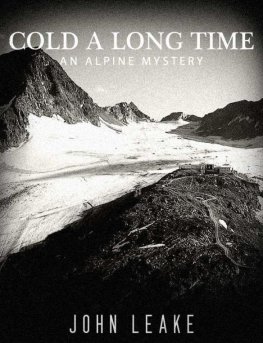
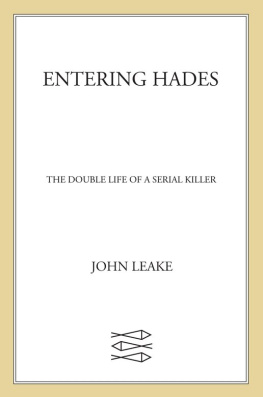
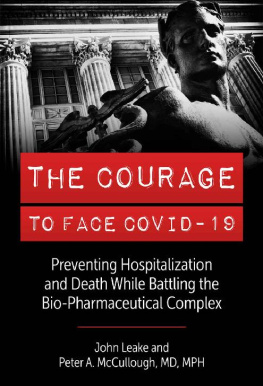


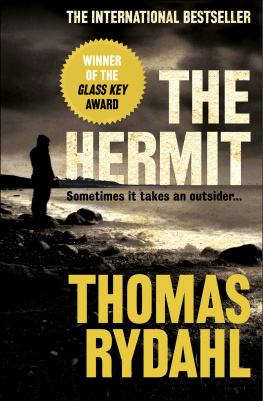
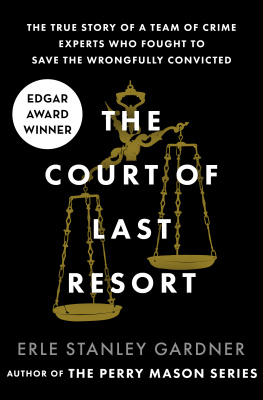
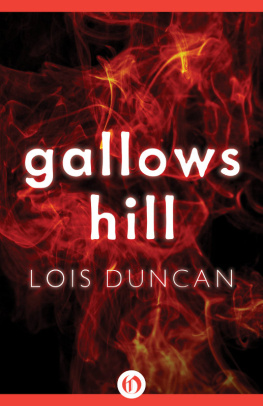

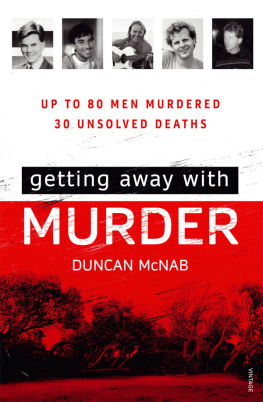
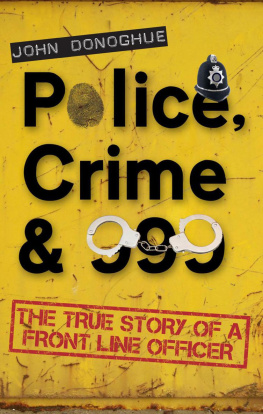
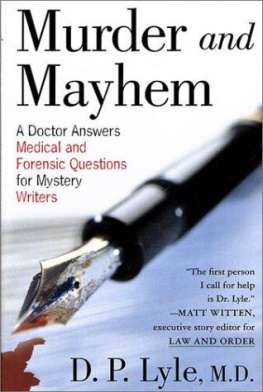
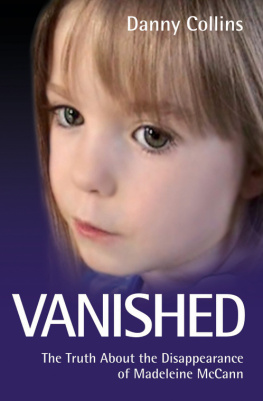
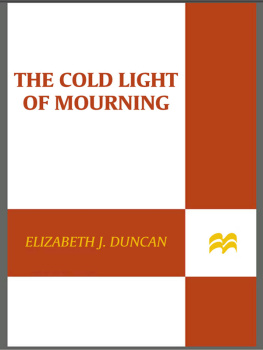
 Duncans International Driving Permit photo, taken just before his departure to Germany.
Duncans International Driving Permit photo, taken just before his departure to Germany.